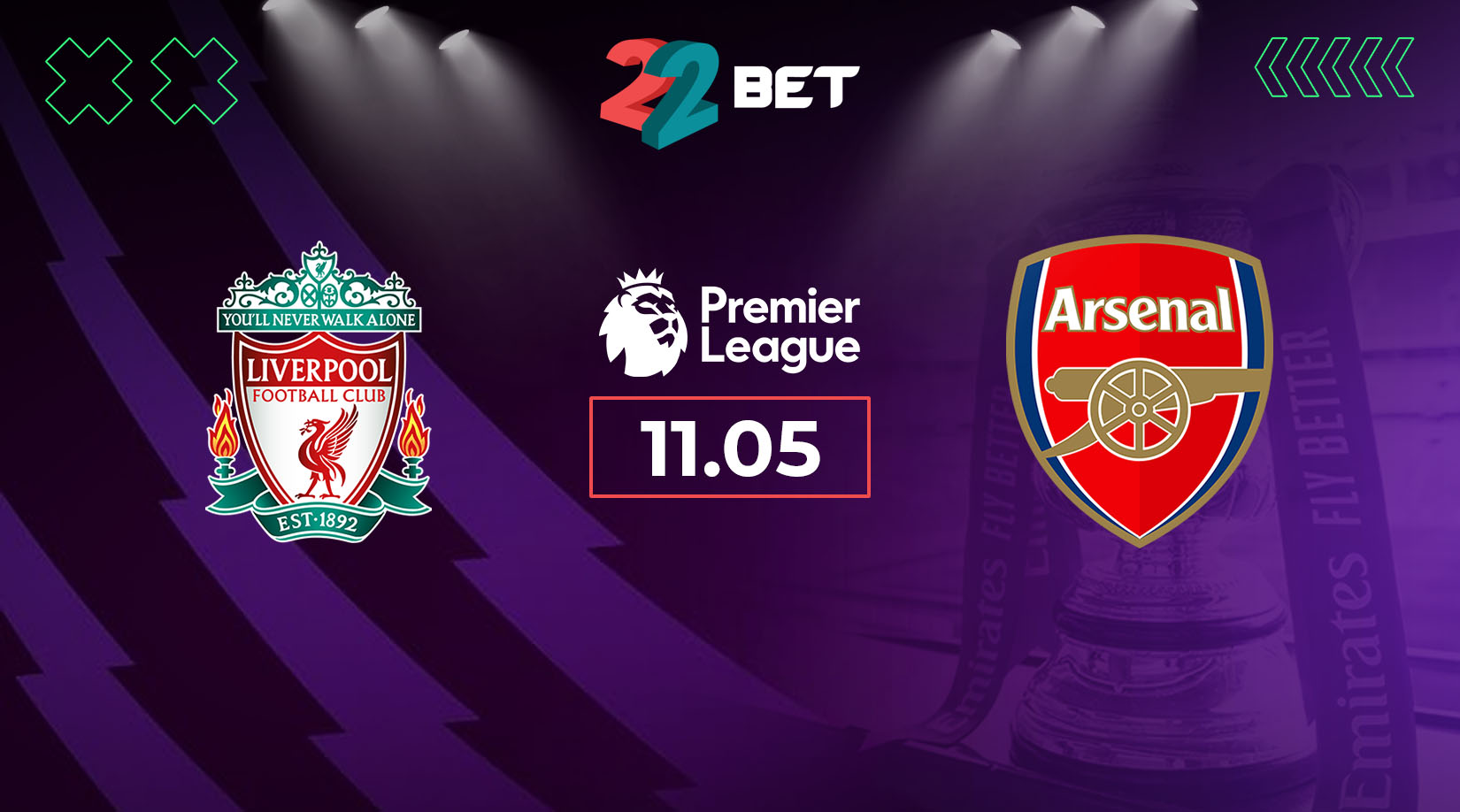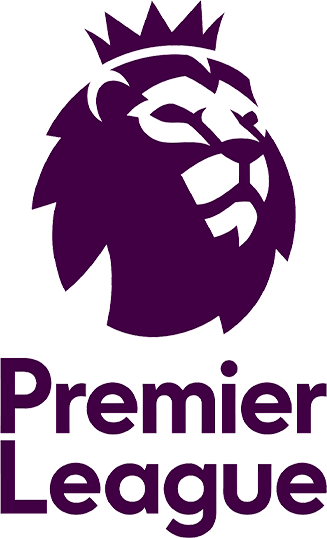Winning big at sports betting might seem like a dream or even a miracle. And it’s true! It’s crucial to remember: never chase winnings; let them chase you! In this article, we’ll dive into the world of sports betting. In this sports betting guide, we’ll take you around sports betting madness, explore different types of bets, and equip you with the best strategies for conquering virtual sports betting.
Understanding Sports Betting
Sports betting is more than just a hobby — it’s a worldwide phenomenon. As it grows in popularity, so does the need for clever, informed online sports betting strategies. Without proper knowledge, betting is like aiming in the dark.
Before you place bets, it’s crucial to grasp the diverse sports betting league. It ranges from casual wagers with friends to professional betting on the biggest sports events, such as the Premier League, Masters, Super Bowl, the IPL and NBA. Various platforms and bookmakers offer different odds and betting types. Familiarizing yourself with these options is the first step toward placing smart bets.
Basics of Sports Betting Odds
The more you know about the sport, the teams, the players, and even the weather conditions, the better your chances of placing a winning bet. Whether it’s cricket, baseball, or basketball, knowing the line and odds is crucial.
The probability of winning can often seem confusing, but informed betting increases your chances of winning. It involves keeping up with the latest sports news and team stats and understanding how factors like injuries or weather can affect the game’s outcome.
Different Types of Odds
Understanding odds is another fundamental part of online sports betting. Odds tell you how likely an event will happen and how much money you could win. Let’s break down the three most common types of odds:
Decimal
Popular in Europe, Australia, and Canada, decimal odds represent the amount you win for every $1 bet. For instance, if something has odds of 4.00, and you bet $100, you’ll win $400 ($300 profit plus your original $100 bet).
Fractional
These are commonly used in the UK and Ireland. Fractional odds tell you the profit relative to your stake. For example, 5/1 odds mean you win $5 for every $1 bet, plus your stake back.
Utilizing a converter for fractional to decimal odds can help you better understand your potential winnings.
American
Used primarily in the U.S., these odds are either positive or negative. Positive numbers indicate how much you’d win from a $100 bet, while negative numbers tell you how much you need to bet to win $100. For example, +150 means you win $150 on a $100 bet, whereas -150 means you need to bet $150 to win $100.

Types of Sports Bets
Once you understand the odds and start to follow the rules, it’s essential to know the different types of bets you can place:
Moneyline
Moneyline is the simplest form of betting. In this form, you pick the winner of the game. The odds will reflect the likelihood of each team winning.
Point Spread
Point spread betting involves wagering on the margin of victory. The favorite must win by more than the spread for the bet to be successful, while the underdog can lose by less than the spread or win outright. Minus and plus signs represent the favorite and the underdog, respectively.
Totals (Over/Under)
In totals betting, you wager on whether the total points scored by both teams will be over or under a specified number set by the sportsbook.
Parlays
A parlay is a single bet that links multiple bets together. All bets must win for the parlay to pay out, but the payout is higher due to the increased risk.
Prop Bets
Proposition bets, or prop bets, are wagers on specific events within a game, such as which player will score first or how many yards a quarterback will throw.
How to Read and Calculate Odds and Payouts
Understanding how to calculate your potential winnings based on different odds can initially seem tricky, but it’s quite simple once you get the hang of it. Here is how to count each type of odds:
Decimal
Formula: Total Payout = Stake x Decimal Odds
Example: If you bet $100 at decimal odds of 3.5, your total payout would be $100 x 3.5 = $350.
Fractional
Formula: Total Return = (Stake x Numerator / Denominator) + Stake
For a $100 bet at 5/1 odds, calculate your return as ($100 x 5 / 1) + $100 = $500 + $100 = $600.
American
The calculation differs based on whether the odds are positive or negative:
Positive (Underdogs):
Formula: Profit = Stake x (Odds / 100)
Example: A $100 bet at +200 odds gives a profit of $100 x (200 / 100) = $200. Total return would be $300 (your $100 stake plus $200 profit).
Negative (Favorites):
Formula: Stake Needed = 100 / Odds x Desired Profit
Example: To win $100 on a -150 odds bet, calculate the stake as 100 / 150 x $100 = $66.67. You would need to bet $66.67 to win $100, with a total return of $166.67.
Research and Analysis in Sports Betting
In sports betting, your best bet is always to be well-informed. Good research is like having a detailed map — it guides your decisions and boosts your chances of success. Detailed knowledge about factors such as team statistics, player performance, injuries, and even weather conditions can greatly influence the outcome of bets.
Statistical Sports Betting Analysis
Pure statistical analysis helps you spot trends from past games so you can guess what might happen next. This means looking at how teams or players performed in old games to figure out how they might do in future ones.
For example, If a football team usually does well against teams that have a strong defense, you might expect them to perform similarly well in their next game against a team known for good defense.
Utilizing Historical Data for Predictive Analysis
Historical data is a powerful tool in sports betting because it allows you to analyze past performances and make a more informed prediction about future games.
Consider a tennis player with a strong track record of winning matches on clay courts. Their history suggests they might perform well in this upcoming match if they’re scheduled to play on clay again.
Simple Guide to Using Historical Data
Start by collecting past performance stats from sites like ESPN. Identify patterns, like a team’s performance on the road or a player’s success in certain conditions. Compare these trends to the upcoming game’s scenario and check for any recent changes, like injuries. Use this analysis to inform your bets.

Effective Bankroll Management For Sports Betting
Managing your betting budget wisely is key to staying in action longer and avoiding unnecessary financial stress.
Setting a Betting Budget
Creating a budget for your betting activities can help you bet responsibly and avoid overspending.
- Assess Your Finances: Understand your financial situation before setting your betting budget. Dedicate only a portion of your disposable income to betting — this is the money you have left after paying for all essentials.
- Set Limits: Decide the maximum amount you will spend monthly or weekly. Stick to this limit no matter the outcomes of your bets.
- Use a Separate Account: Consider using a separate bank account or e-wallet for your betting funds. This will make it easier to track your spending and prevent you from using money meant for other expenses.
Another tip: Many betting apps, such as the 22Bet app, offer a bonus when you sign up, all to improve your gambling experience.
Strategies for Bankroll Management
Good bankroll management isn’t just about setting limits; it’s about making your money last and reducing the risk of big losses. Here are several tips for effective bankroll management:
- Bet Small Percentages: Never bet more than a small percentage of your total bankroll on a single game. A common rule is to risk only 1-5% per bet.
- Avoid Chasing Losses: If you have a bad day, resist the urge to make larger bets to recover lost money quickly. This often leads to bigger losses.
- Adjust Bets Based on Performance: If your bankroll grows, you can adjust your bets accordingly but still keep within the 1-5% rule. Conversely, reduce bet sizes if your bankroll decreases.
Adapting your strategy to different sports like the NFL and NHL can increase your winning chances.

Identifying Value in Sports Betting
After setting a solid betting budget, the next step is learning to identify real value in sports betting. This is crucial for making informed and profitable decisions.
Understanding Value Betting In Sports
Imagine a scenario where a bookmaker has given odds that do not accurately reflect the chances of an outcome. If you’ve done your research and believe the likelihood of an event is higher than what the odds represent, that’s a value bet. Below are several examples of value vetting scenarios:
Underrated Team
If a football team has been performing better than public perception and is facing an overrated team based on recent high-profile wins, the odds might favor the popular team. However, your analysis could show that the underrated team has a fighting chance, offering valuable odds.
Player Injuries
Sometimes, the odds don’t move quickly enough to reflect the impact of a sudden player injury on a team’s performance. If you’re aware of the injury before the odds adjust, you could find value in betting on the opponent.
Developing Winning Strategies
Once you’ve mastered bankroll management and identified value bets, the next step is to develop and adapt your strategies to different sports and betting markets. Tailoring your approach to each sport can significantly boost your chances of success.
Adapting Strategies to Different Sports and Betting
Knowledge of the specifics of the sport is essential. For example, football betting may focus on team dynamics, while tennis betting may emphasize the performance of individual players on different surfaces. Different sports also offer different betting markets. Familiarise yourself with these to make the most of your bets. Let’s look at some examples of adapted strategies:
- Football: Betting on underdogs with strong defensive records at home can offer value against top-tier teams.
- Tennis: Players who consistently perform well against specific opponents on certain surfaces (like clay) can be good bets.
- Basketball: Using statistics to bet on point spreads, focusing on teams with strong defensive metrics against teams with poor shooting percentages.
Psychology of Sports Betting
The psychological aspect of sports betting is as important as understanding the odds and analyzing the stats. Maintaining discipline is crucial; it helps you make logical decisions and prevents you from making impulsive bets based on emotions. Whether comparing different bets vs each other or deciding to use an alternate strategy, mental clarity is essential.
Tips for Avoiding Common Psychological Pitfalls
It’s easy to fall into the trap of trying to make up for losses or getting overly emotional after a loss you never expected. Here are some tricks to help you avoid this:
- Avoid Chasing Losses: Practice shows that it often leads to more losses. If you lose, step back and stick to your planned betting strategy. Neither rush to recover losses nor alter your strategy impulsively.
- Keep Emotions in Check: Emotional betting, like betting on your favorite team, regardless of the odds, can cloud your judgment. Always base your bets on data and informed predictions rather than feelings or loyalties.
- Beware of Overconfidence: Winning streaks can make you feel invincible and lead to overconfidence. This might tempt you to bet more aggressively.
Even if you’ve won millions in the past, you need to work on maintaining a balanced approach. Keep in mind that betting during high-stakes periods, such as March tournaments, requires the same level of discipline and caution. Always consider an alt strategy if necessary to stay grounded and focused.
Utilizing Tools and Resources
Various tools and resources can help you improve your sports betting. These can guide your decisions and make betting simpler and more effective.
Betting Calculator
Tools like betting calculators let you see potential winnings before you place a bet. They can be handy, especially when calculating if a bet is worth the risk. Use them to calc how much you could win from a bet. Remember to consider taxes when calculating potential winnings from your bets.
Statistical Databases
Websites like ESPN or Statista offer many stats on teams, players, horses, or even greyhound racing. This information can help you understand how well a team or player (or a horse) is doing, which is crucial for making good bets. Keep up with the latest stats and trends explained. More knowledge about your sport means better bets.
Expert Analysis
Websites like BettingExpert and OddsChecker provide insights from people who know sports betting. These experts analyze everything from player performance to upcoming game conditions, giving tips and predictions. They offer advice on various aspects, such as handicap betting, live betting options, and implied odds. Follow advice from betting experts to get an edge, especially if you’re unsure about your analysis.
Whether you’re looking at a flat bet or trying to understand the meaning of different betting terms, expert advice can be invaluable. This can help you make more informed decisions, be it a round of betting or comparing two teams vs each other. Expert insights are often free, adding significant value to your betting strategy.
Responsible Sports Betting
Responsible betting means setting clear limits on how much money and time you spend on betting, whether it’s on a cup match, a playoff game, or a live casino event. It’s about making informed decisions and not letting betting interfere with your daily life or financial health.
It’s important to decide in advance how much you’re willing to bet, be it on a baccarat game, a black or red roulette bet, or predicting the odd of a draw in a championship. Stick to that limit and be aware of signs that betting is becoming a problem, like feeling anxious when you’re not betting or betting more than you can afford to lose.
Many resources are available if you or someone you know needs help with betting. Organizations like Gamblers Anonymous provide support and advice for people who are struggling, whether they are betting on the lottery, crossword puzzles, or high-stakes series.
Conclusion: Key Takeaways
Remember, sports betting aims to have fun and add excitement to watching sports, whether it’s a match happening today or tonight. Start with small wagers, set limits, and prioritize enjoyment over making money. Betting responsibly is the best way to ensure that sports betting remains a positive part of your life, whether you’re in Vegas or betting online. If you ever feel overwhelmed, don’t hesitate to seek help.


















